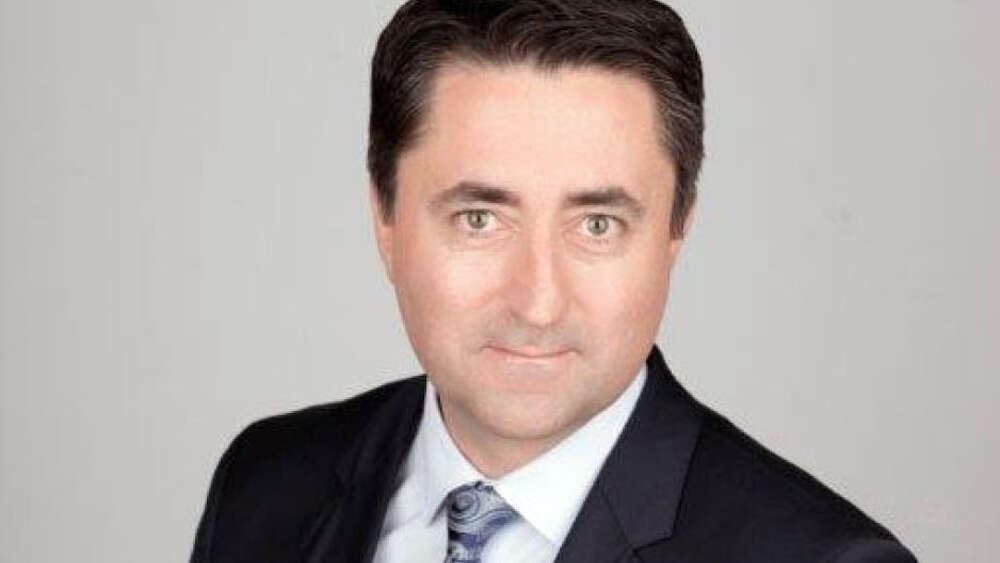Gaven Morris has been reflecting on his time running the ABC’s 1300-strong news team. He’s stepping down this week, but on the way out has had a long interview with Margaret Simons, who is so good at reporting on the media she should be doing it full-time.
In a long interview with a persistent journalist, you get to the point of admitting at least one thing you got wrong as Director of News for six years. You choose carefully.
It wasn’t the Four Corners coverage of Christian Porter or the doco about the Luna Park fire that got pasted by a committee of review. Morris holds the line. Eternity might have brought up George Pell – lots of coverage of the case against him, but we are still waiting for a detailed report on how the prosecution case fell apart in the High Court. It would make a great Four Corners. But Simons did not bring that up, or at least it does not make it on the interview.
Surprisingly, Morris picks the ABC’s coverage of what is inaccurately called the marriage plebiscite. Here’s the exchange as Simons recounts it:
“I am not a regrets kind of guy,” he says, but he regards one issue as ‘still a work in progress.’ It is the quest to overcome the worldview of most journalists and better reflect the views of the Australian population. This is not a matter of left-right bias, he says. That is not how most Australians think. The ABC should spend less time worrying about the ‘noise’ that comes from The Australian and its News Corp stablemates.
“Rather, he worries whether the ABC tunes in to the breadth of experience and views of the audience — working-class people, people living with a disability, people most journalists never meet. He worries, for example, about whether the organisation adequately reflected the views of the 30 per cent of Australians who voted ‘no’ in the marriage equality referendum. ‘I’m not talking about religious zealots. I’m talking about genuine Australians who have a point of view that’s different to the 70 per cent. Are we at least making sure that is reflected? I don’t necessarily think we struck that right.’”
He sees that the opponents of same-sex marriage represented a group in the community that did not get – and does not get – good coverage by the ABC.
Campaigners for the “no” side would probably want Eternity to point out that the vote result was a bit different: “Yes” 62 per cent, “No”38 per cent.
It’s an interesting comment by Morris. He sees that the opponents of same-sex marriage represented a group in the community that did not get – and does not get – good coverage by the ABC.
His “religious zealots” comment may have been flip, but it represents what was a dilemma for the “no” campaign, which struggled to find spokespeople. Morris suspects that those who put themselves forward may not have really been connected to the voters.
It is certainly true that the Islamic community – who were key to the western Sydney vote being a “No” zone – were quiet during the campaign, fearing they would have been attacked. And church leaders who may have been the most connected would issue statements, but not campaign.
Morris might question the ABC’s coverage today if there were a similar popular vote on a current issue. Working out how to speak to Christians, or how to reach them, remains a tough job for journalists.
But the import of Morris’ comment is really about a large slice of Australia being poorly served by the nation’s largest media organisation.
It is not difficult to find very significant groups of Christians who are covered in the media hardly at all. Pentecostal groups – other than Hillsong – are still mysteries to journalists. Conservative evangelical groups such as The Gospel Coalition remain unexamined by the media – they may like it that way.
Only the religious freedom issue has finally given the Christian schools’ movement airtime. Its rapid growth has been underreported, as has a large number of invisible Christian First Nations people, especially in the regions.
Gavin Morris deserves credit for owning up to the ABC’s problem. But call us cynical, we are not expecting a solution anytime soon.
“
Email This Story
Why not send this to a friend?



